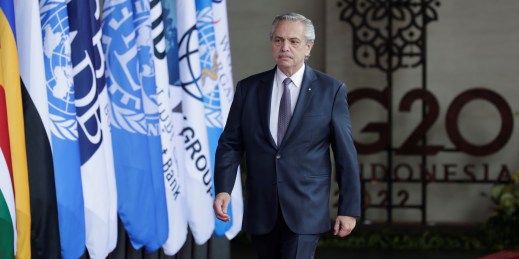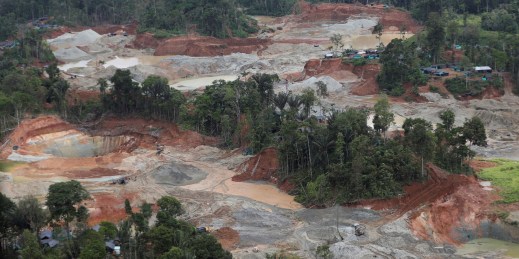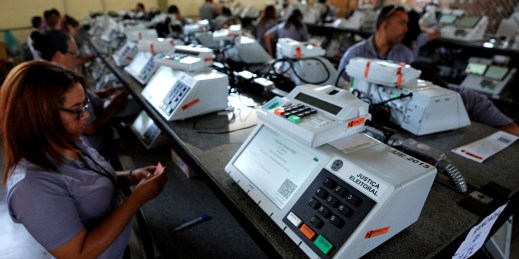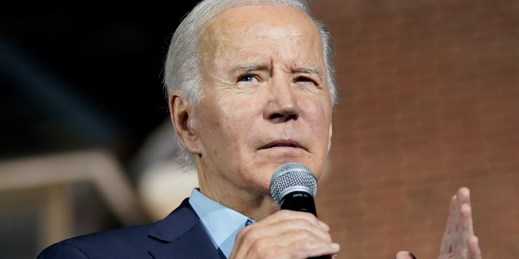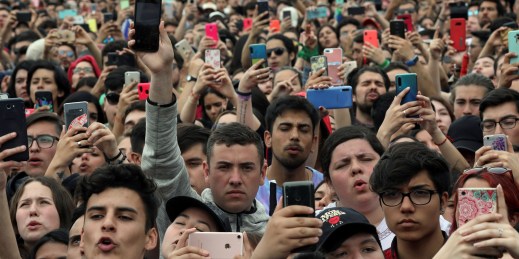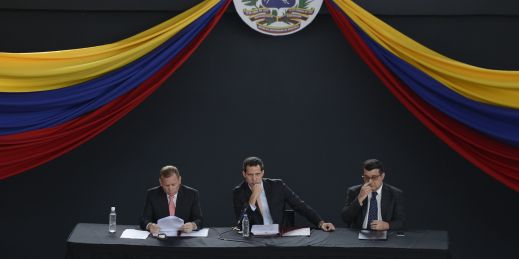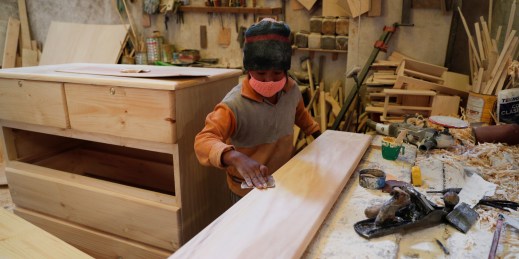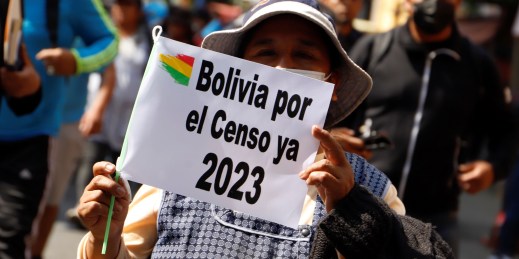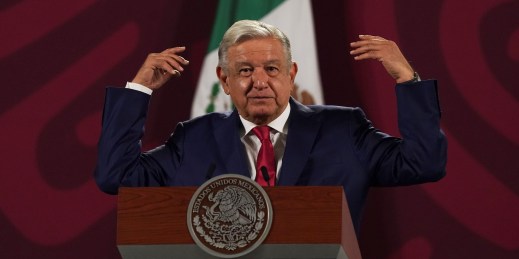
Last week, Mexican President Andres Manuel Lopez Obrador canceled a Pacific Alliance summit scheduled to be held in Mexico this month, after Peru’s Congress prevented President Pedro Castillo from traveling abroad. The incident highlights a challenge for the group, which is floundering for a purpose and facing internal tensions.

